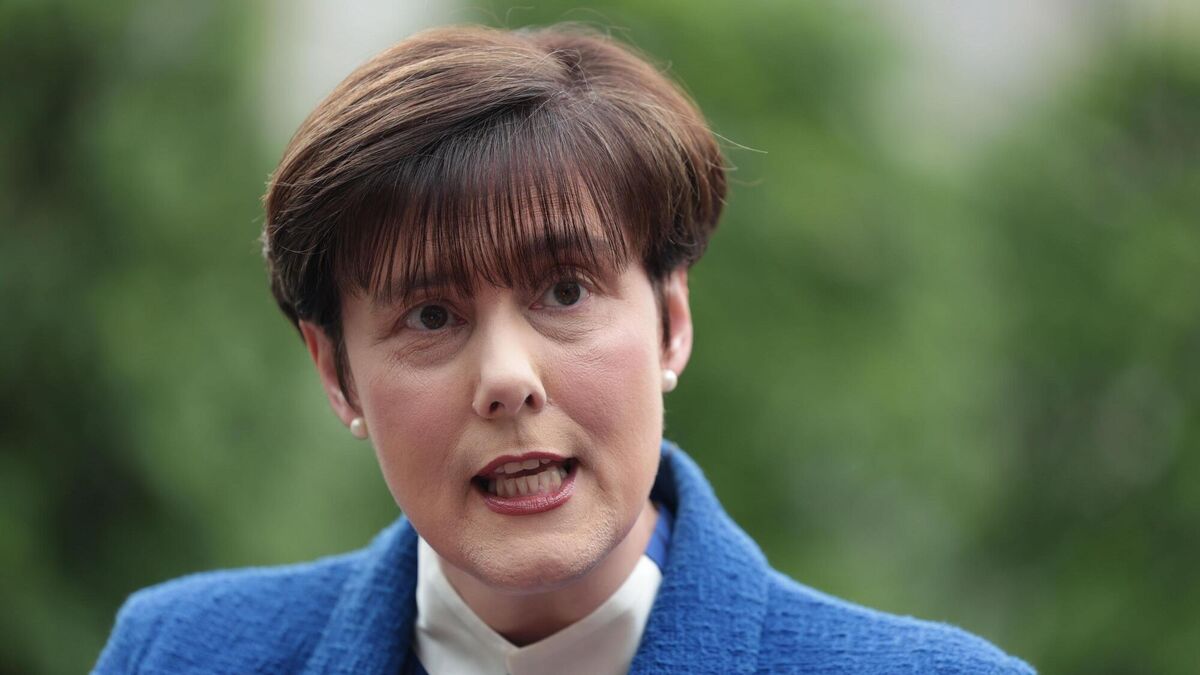In Ireland, the education system provides legal rights and protections for students with special educational needs (SEN) under various laws and policies. We act for many families who have difficulty with their children either accessing a suitable place in either and ASD class or a special school placement. We also act for many families where they find their child in an inappropriate school placement – i.e. a child in mainstream school who should be placed in either as ASD class or special school placement.
Education for Persons with Special Education Needs (EPSEN) Act is the one piece of legislation that governs the education of students with special needs in Ireland.
- It outlines the rights of students with disabilities to access education in a manner that is appropriate to their needs.
- It mandates that children with disabilities should be integrated into mainstream schools where possible, in line with the principles of inclusion.
- It governs the provision of special educational needs supports, including tailored learning resources and accommodations.
- The Act also calls for the establishment of special classes and special schools for children with more severe needs, where integration in mainstream schools may not be appropriate.
Article 42 of the Irish Constitution , the applicant has a constitutional right to an adequate and appropriate primary education.
Article 40.3 of the Constitution requires the State to respect and vindicate the personal rights of the Applicant and in particular his natural and imprescriptible rights, including his right to an appropriate education suitable to his needs.
Article 40.1 of the Constitution (together with Article 40.3) protects the Applicant from unlawful discrimination such that he is entitled to the provision of appropriate education facilities as required by his special needs.
The Education Act 1998 places a statutory obligation to ensure that practical effect is given to a person’s constitutional rights and that there is made available support services and a level and quality of education appropriate to meeting the needs and abilities of that person.
Pursuant to section 2 of the Education for Persons with Special Educational Needs Act 2004 states :
2.—A child with special educational needs shall be educated in an inclusive environment with children who do not have such needs unless the nature or degree of those needs of the child is such that to do so would be inconsistent with—
(a) the best interests of the child as determined in accordance with any assessment carried out under this Act, or
(b) the effective provision of education for children with whom the child is to be educated.
National Council for Special Education (NCSE)
- The NCSE is the national body that oversees the provision of educational services for students with special needs in Ireland.
- It provides support and advice to schools, parents, and teachers regarding the educational needs of students with disabilities and special educational needs.
- The NCSE plays a role in the allocation of Special Needs Assistants (SNAs), resource teachers, and other supports to schools based on the needs of individual students.
Special Educational Needs Organisers (SENOs)
- SENOs work within the NCSE and are responsible for coordinating support for students with special needs in schools.
- They help ensure that the educational needs of students are identified and met, and that proper resources and accommodations are in place.
These legal frameworks ensure that children with special educational needs have access to education that caters to their individual needs, in line with international human rights standards. If your child has no school placement or in currently in an incorrect school placement, call us for advice on the next steps.





